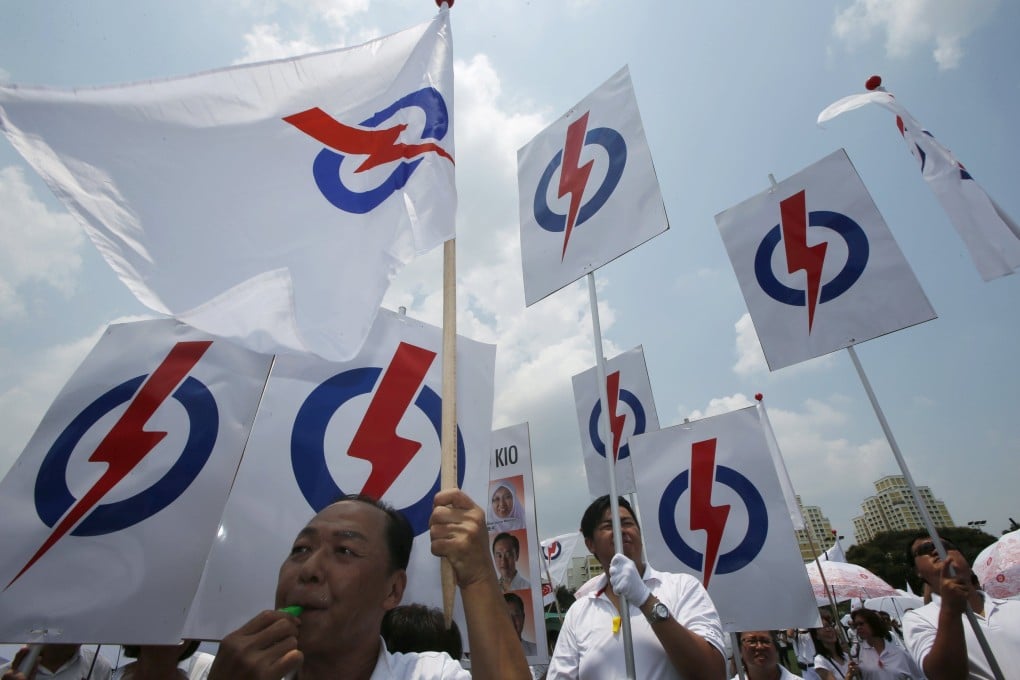Asian Angle | In post-Lee Kuan Yew era, governance in Singapore must adapt to changing times
- Some critics say the ruling party has lost its way, but today’s PAP is a logical extension of what it was already destined to become under Lee’s leadership
- Efforts by fundamentally good people to achieve national immortality and success now face the prospect of a reversal of fortune, if flaws get out of control

The more critical among them, including some of the party’s own supporters, will even say it has lost its way, strayed from the path of its founding leadership. Others, when asserting their disapproval of some PAP politicians’ behaviour, will remark that Lee would never allow that if he were still alive.

In fact, there has not really been a rupture between today’s PAP government and its “original” form. Today’s PAP is merely a logical extension of what it was already destined to become under Lee’s vigorous leadership.
The seeds that Lee planted have now taken root and sprouted. If still alive and influential, he almost certainly would have taken pains to remove the diseased leaves, but he would probably not have taken drastic measures like replanting or planting something altogether new.
It wasn’t very long ago when scholars and commentators tended to plot the prospects for political change in Singapore according to the slow succession of prime ministers and their respective leadership goals and styles.
Lee was unsentimentally tough, fearsomely intelligent, hugely charismatic, politically astute, and openly brutal towards his political opponents and anyone who appeared to challenge his authority and determination to build the postcolonial Singapore that he envisioned. Fear, more than love, was the basis of his Machiavellian rule, though he could certainly elicit both substantially.
